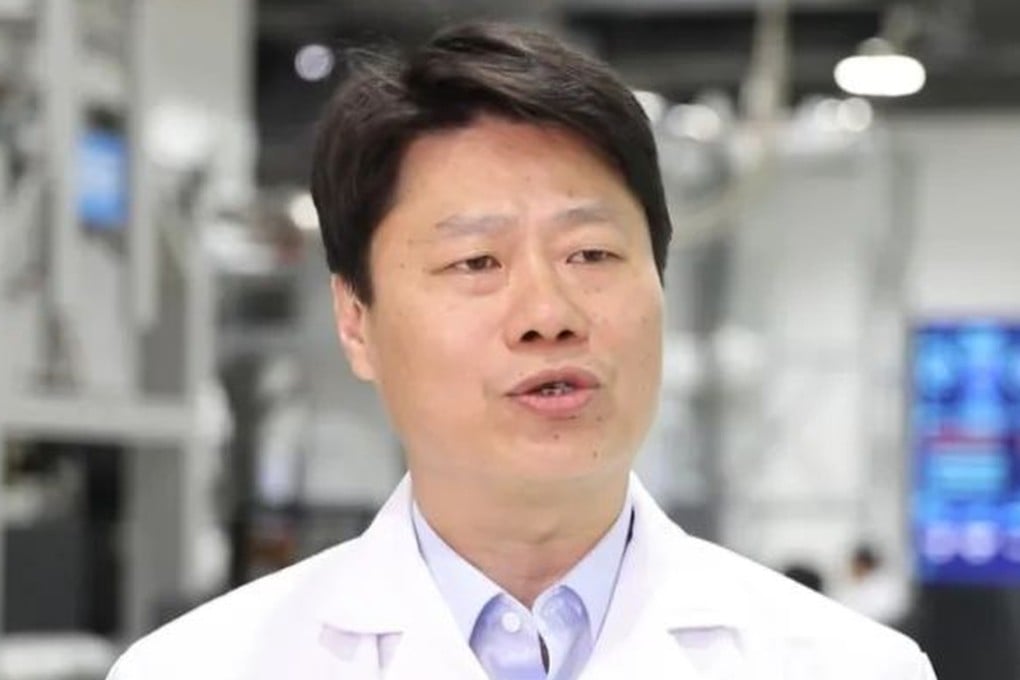‘Two sessions’ 2024: Chinese lawmaker urges Beijing to safeguard tech production chain to give nation a quantum edge
- Guo Guoping, an NPC deputy, quantum physicist and founder of Origin Quantum, says there is a decoupling between research and application in China
- Until the industry standardises quantum computing, Beijing would be wise to ‘strengthen supply chains for different approaches to reduce risk’: observer

Guo Guoping, a deputy to China’s top legislature, the National People’s Congress (NPC), said in an interview with the official Science and Technology Daily on Thursday his proposal would focus on breaking through the West’s technological containment in core realms as well as developing China’s own manufacturing chains.
“Building an independent industry chain for the sector has become one of China’s top priorities,” he was quoted as saying.
Guo is a quantum physicist at the University of Science and Technology of China (USTC) in the southeastern province of Anhui and a key figure in China’s quantum computing technology leadership.
His proposal comes in the lead-up to the start next week of the annual “two sessions”, a gathering of legislators and political advisers in Beijing.
He said the development of quantum computers had entered a new stage where foreign institutions and companies were putting great effort into engineering and industrial applications in addition to conducting research in the laboratory.
